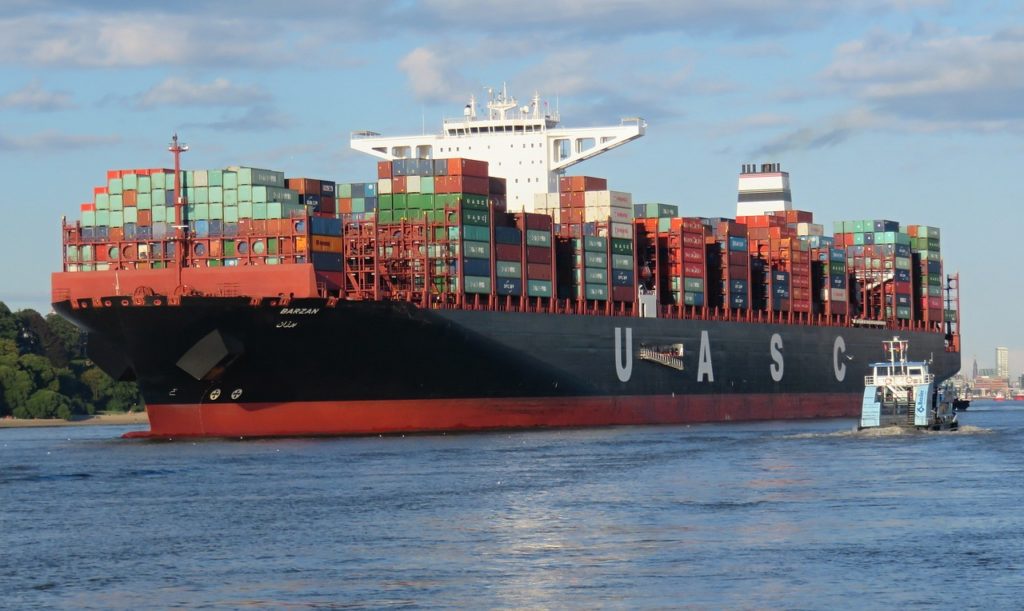Abstract:
Environmental charges to rail service operators are still at an early stage of implementation in Europe. Current schemes are dissimilar and most of them have a very limited scope or do not provide effective incentives to abate environmental impacts. This is due to several practical difficulties in implementing internalisation pricing schemes in the railway sector.
The first difficulty arises from the lack of internalisation in other transport modes and the small competitive margin of railways. Increasing the overall level of rail charges could affect their survival. A second difficulty is due to the uncertainties in the valuation of external costs and in the establishment of the optimal level of charges. On top of that, the imperfect competition in the rail market and its operational and financial rigidities imply that pricing decisions could be unfair and produce undesired demand effects. These difficulties should not prevent, however, advancing towards the application to rail of adequate charging methods for its environmental costs.
This paper addresses the problem of setting environmentally differentiated rail charges through an analytical approach. A generalised formulation is developed that sets the level of charges as a function of the degree of internalisation in other modes. Then, the optimal trade-off in the level of differentiation is assessed to extract general guidelines. Based on this, both the derived overall costs and benefits and the impacts on each agent are quantified.










